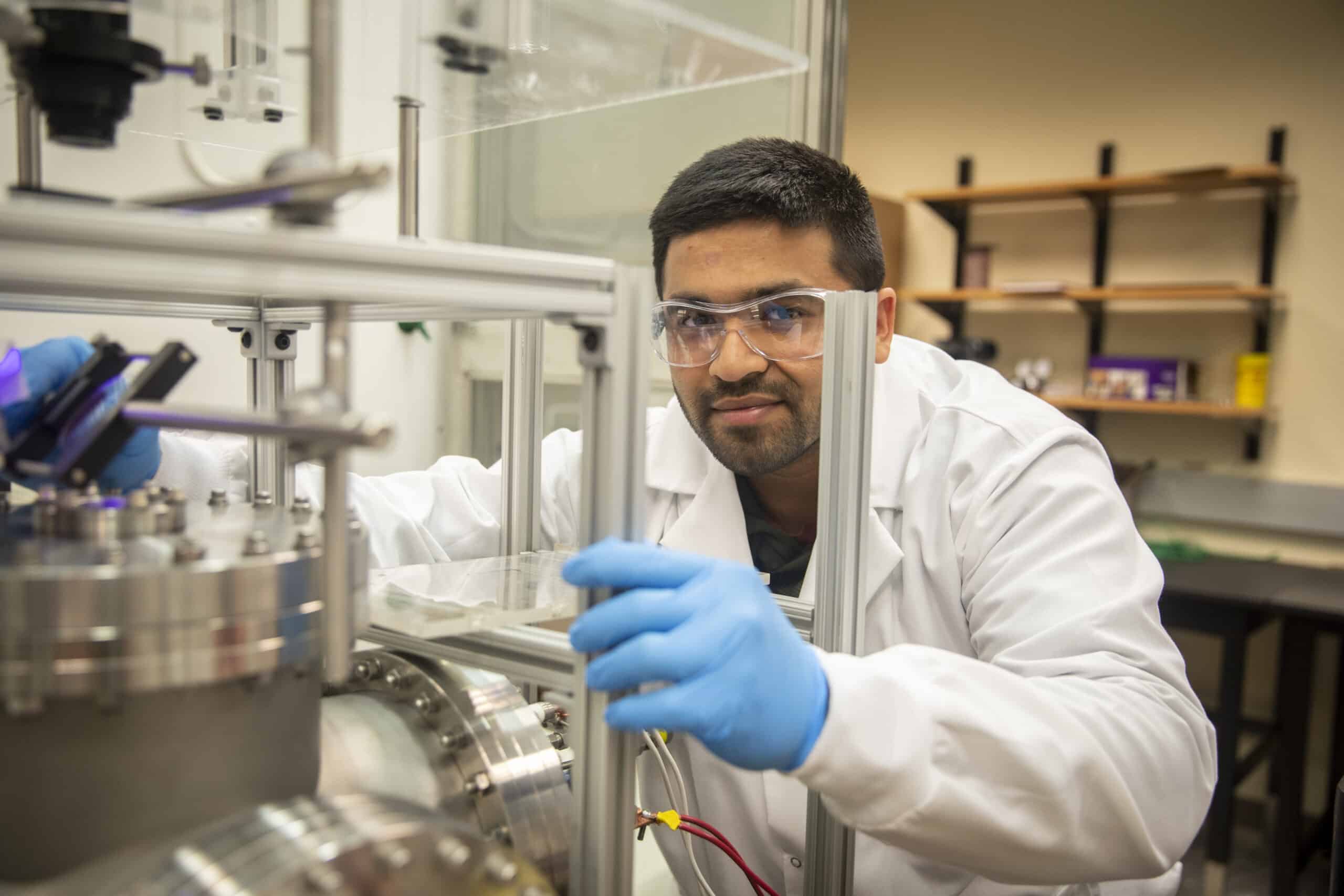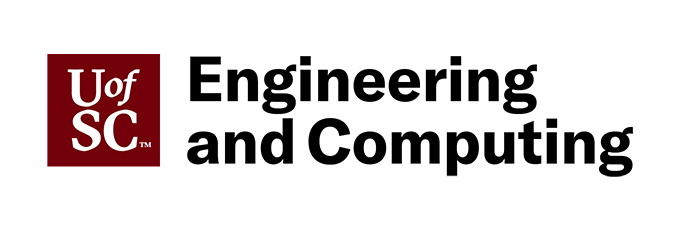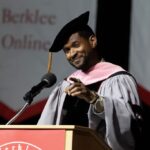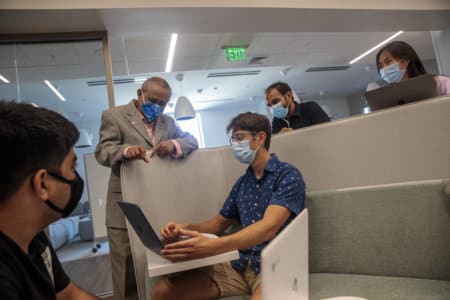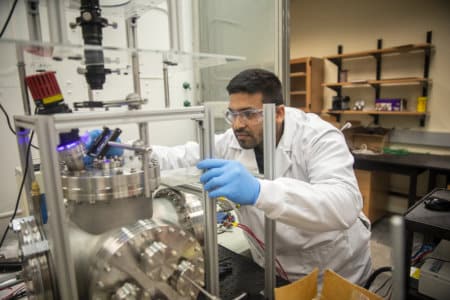It has been two years since Sobhan Patnaik graduated from the University of South Carolina (USC) with a Ph.D. in mechanical engineering (nuclear engineering), but he still misses his programme and university every day. “I developed a great relationship with everyone, and I hold them with high regard, warmth and genuine love from the bottom of my heart,” he says.
Born in India and holding a master’s degree from NJIT, Patnaik initially worked in the medical device manufacturing industry in Los Angeles before joining USC. However, his journey took a significant turn during the first year of Ph.D. at University of Idaho. Due to an unforeseen funding situation, he had to take a quick transfer to continue his journey towards his Ph.D. That’s when he learned about USC’s Integrated Research Programme (IRP) under the Nuclear Energy University Program (NEUP), led by Mechanical Engineering Chair and Professor Travis Knight and Professor Theodore Besmann. After one phone call with them, Patnaik packed his bags and left for USC to make a difference in a field that has long sparked his curiosity: nuclear engineering.
“I believe that nuclear power is the cleanest solution to the world’s growing energy demands,” he says. “I aim to make a difference through my research, giving back to the community and leaving a lasting impact on future generations.”
The College of Engineering and Computing (CEC) helped Patnaik realise his aspirations and more. Known for its academic excellence and research strength, USC has been a top choice for students, scholars and researchers for over 200 years. The university holds the coveted R1 classification by The Carnegie Foundation, signifying “very high research activity.”
Within the CEC lies the Department of Mechanical Engineering. The department combines cutting-edge research that is advancing innovation and technology with excellence in education. This creates a dynamic atmosphere where students can learn and discover alongside experts in the field.

Source: University of South Carolina
Here, students receive high-quality teaching and many research opportunities in their master’s and Ph.D. programmes in aerospace, mechanical and nuclear engineering. From advising to internships and co-ops, students are prepared and confident to begin professional careers or enter graduate school. Just ask Patnaik.
“I participated in workshops and outreach programmes conducted by CEC, and attended seminars by prominent professionals from various fields, which significantly boosted my career goals and preparedness for the future,” Patnaik says.
He praised Knight, Besmann, and Research Associate Elwyn Roberts for their engaging classes directly aligned with his research. These educators not only imparted knowledge but also provided support throughout his academic journey.
“Those classes were particularly interesting, especially Dr. Roberts’s lectures on nuclear materials, which were a new area for me. Now, that’s what I do in my current job as a research associate at the Idaho National Laboratory,” says Patnaik.
Experiential learning is just as important here. Various programmes are conducted to enrich coursework. Students can attend conferences to showcase their work and network with international peers and industry experts. They’re also involved not only in their individual projects but departmental projects for various companies.
“I learned to be engaged in deep dive research, conducting due diligence, writing scientific peer-reviewed journal articles, and being a part of outreach activities as an active member of the American Nuclear Society and conferences,” Patnaik says. His Ph.D. research was focused on investigating temperature gradient-driven cracking in uranium dioxide (UO2) pellets by conducting separate effects tests, resulting in a patent for the novel dual imaging technique that was developed at USC for robust data collection for validation of cracking models in BISON.

The University of South Carolina is changing the game with hands-on research opportunities. Source: University of South Carolina.
Such experiences set a USC graduate apart. “Through student organisations, students can learn what it means to be a member of a professional society, and even become an amateur rocketeer or an aviator ,” says Wout De Backer, an assistant professor at USC and faculty advisor for USC’s rocketry and flight clubs.
In De Backer’s classes, students visit andengage with local businesses, and attend student conferences. He has also employed over 80 students, from high school interns to post-doctoral researchers, in his research lab. This hands-on experience is invaluable, often surpassing the knowledge acquired through coursework alone.
“When students graduate from a certain program, they will all have the same degree, but what sets students apart are their extracurricular, outside-of-the-classroom experiences like leading student organisations or working in research labs,” De Backer says.
After USC, Patnaik pursued a two-year post-doc in Sweden at KTH Royal Institute of Technology. Upon returning to the U.S., he worked as a research associate at Idaho National Lab, focusing on the post irradiation examination of advanced nuclear fuels.
Moving from graduate studies to a professional role proved challenging due to increased responsibilities and managing multiple projects simultaneously, but he persevered.
“My experience with Dr. Knight’s research group, where I was assigned and allowed to work and assist on several different projects and with various groups, helped me get through the transition,” he says.
The skills Patnaik gained at USC have been instrumental in his career, enabling him to excel in a nuclear materials lab, coordinate research on tight schedules and collaborate effectively within large research groups – ultimately shaping him into the professional he is today.
“USC remains one of the best things that ever happened to me in my life,” Patnaik says. Forever to thee, proud to be a Gamecock!
Click here to learn more about the College of Engineering and Computing.
Follow the University of South Carolina on Facebook, Instagram and Twitter.

